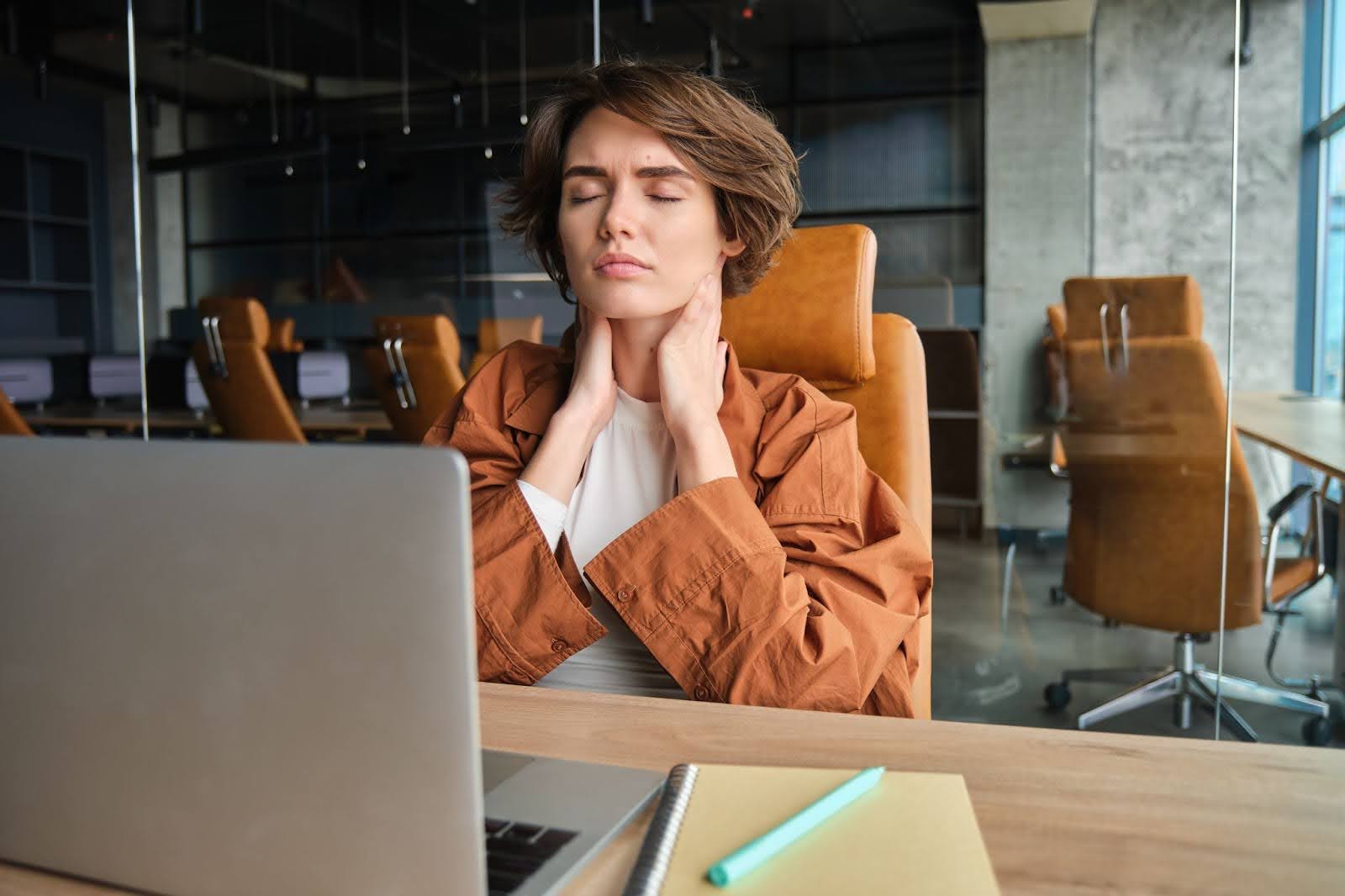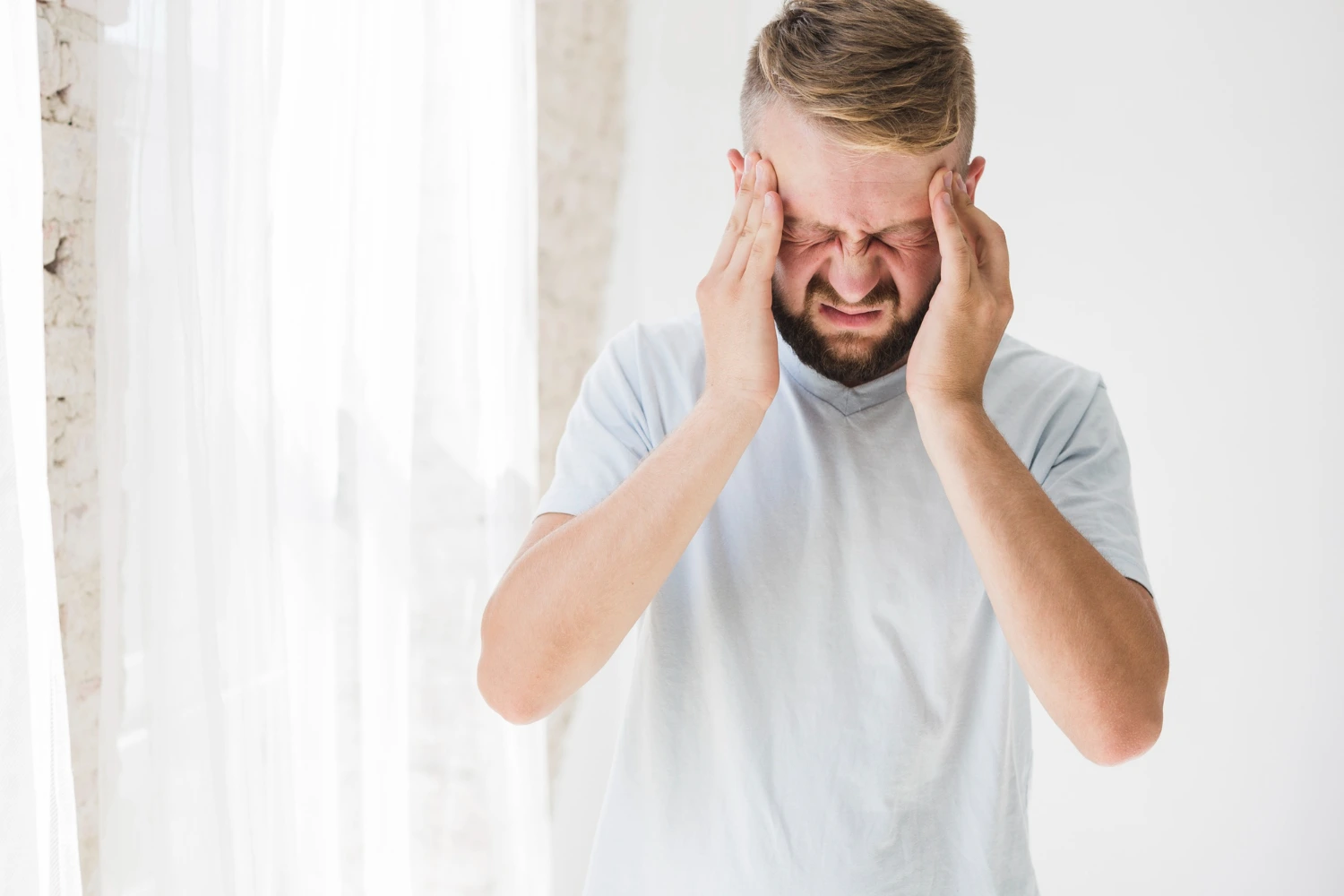Experiencing a concussion is a challenging ordeal, but what happens when your concussion symptoms seem to intensify over time rather than improve? This blog post explores the reasons behind worsening concussion symptoms and offers insights into managing this complex issue.
Common Reasons for Worsening Concussion Symptoms
- Delayed Onset: Concussion symptoms can sometimes worsen hours or days after the initial injury, due to delayed effects on the brain.
- Physical Exertion: Engaging in physical activities or even mental exertion too soon after a concussion can exacerbate symptoms.
- Stress: Emotional or environmental stressors and anxiety can heighten concussion symptoms, making them feel more intense.
- Underlying Issues: Sometimes, underlying conditions or complications from the concussion, such as post-concussion syndrome or a second impact syndrome, can lead to worsening symptoms.
Strategies for Managing Worsening Concussion Symptoms
- Rest and Recovery: Adequate rest is crucial for allowing the brain to heal. Avoiding physical and cognitive exertion can prevent symptom aggravation.
- Follow Medical Advice: Consult with healthcare professionals specializing in concussions. They can provide tailored advice on managing symptoms and avoiding triggers.
- Gradual Return to Activities: Gradually reintroduce physical and cognitive activities only when symptoms improve to prevent symptom exacerbation.
- Manage Stress: Implement stress management techniques such as mindfulness, relaxation exercises, or therapy to alleviate emotional stress that may worsen symptoms.
When to Seek Medical Help
- Severe Symptoms: If symptoms such as severe headaches, persistent vomiting, seizures, or significant changes in behavior occur, seek immediate medical attention.
- Prolonged Symptoms: If symptoms persist or worsen beyond the expected recovery period, consult a healthcare provider for further evaluation and management.
How Treatment at Moore MyoWorx Can Help
Most people understand that a concussion affects the brain, but did you know that is also affects nerves and muscles of the neck and upper back? Largely overlooked, the muscles of the neck and upper back play a significant role in concussion recovery. Since muscles in the neck and upper back support the head and brain, they are affected in every concussive impact. When left untreated for tightness and weakness, it compounds the initial injury and perpetuates specific symptoms based on which muscles are more involved.
At Moore MyoWorx our team of concussion experts gives you the tools to reduce and eliminate persistent concussion symptoms. By identifying triggers, following medical advice, and prioritizing rest and stress management, individuals can navigate through the challenges of a concussion with greater resilience and understanding. Remember, each concussion is unique, and recovery timelines vary, so patience and proper care are paramount for a full recovery. Contact the Moore MyoWorx Concussion Clinic in Guelph, Ontario to start your recovery journey now!






